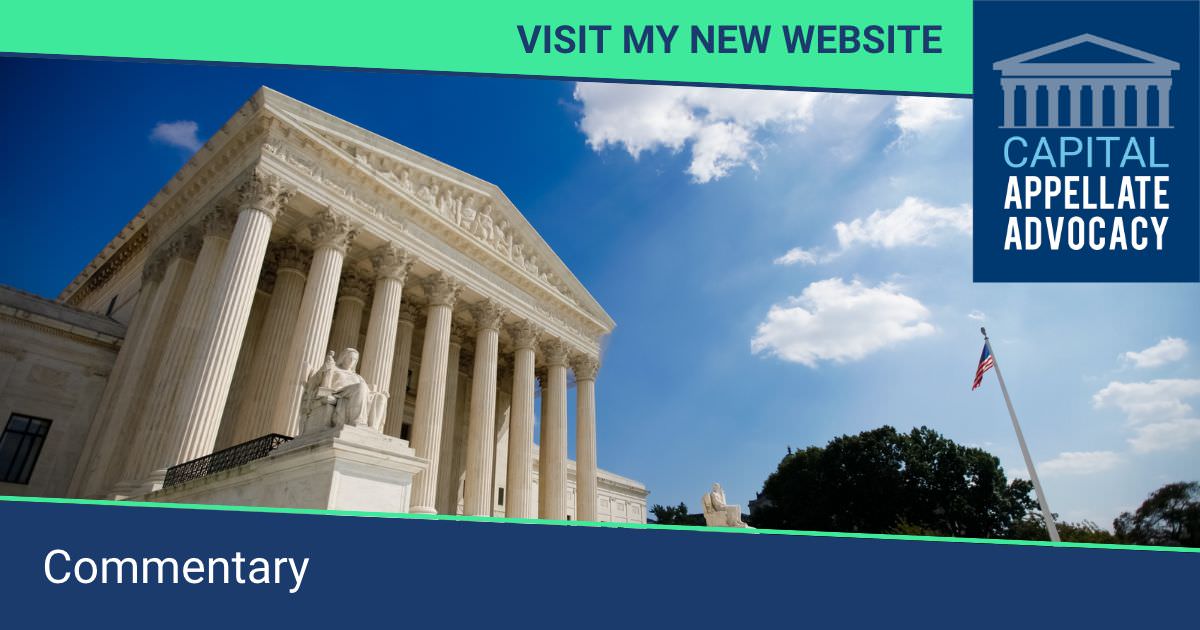On June 30 the Supreme Court held in Biden v. Nebraska that the Biden Administration lacked authority under the Higher Education Relief Opportunities for Students (‘HEROES”) Act to cancel $ 430 billion in student loan debt held by 43 million borrowers.
The 6 to 3 majority ruling, authored by Chief Justice Roberts, was correct as a matter of constitutional law as well as statutory interpretation.
The majority opinion explained that “[t]he question here is not whether something should be done” about student loan debt, “it is who has the authority to do it.” The answer, based on the Constitution’s separation of powers, is Congress. In fact, the opinion quotes then-Speak Nancy Pelosi’s statement at a July 2021 press conference that the President does not have “the power for debt forgiveness. . . That has to be an act of Congress.”
The Constitution’s Appropriations Clause, which embodies the separation of powers, requires every Executive Branch withdrawal of money from the U.S. Treasury to be authorized by a congressional appropriation. Even if the HEROES Act somehow had authorized Biden’s mass student debt cancellation, there was no separate appropriations bill to cover withdrawing almost a half-trillion dollars in student loan debt assets from the Treasury. Referring to the Appropriations Clause, the majority opinion explains that “[a]mong Congress’s most important authorities is its control of the purse.”
Responding to Justice Kagan’s dissenting view that the mass debt cancellation was in the President’s “wheelhouse,” the majority opinion further explains that “in light of the sweeping and unprecedented impact of the [Education] Secretary’s loan forgiveness program, it would seem more accurate to describe the program as being in the ‘wheelhouse’ of the House and Senate Committees on Appropriations.”
This is how the majority opinion describes the Biden Administration’s violation of the separation of powers:
“The dissent is correct that this is a case about one branch of government arrogating to itself power belonging to another. But it is the Executive seizing the power of the Legislature. The Secretary’s assertion of administrative authority has conveniently enabled [him] to enact a program that Congress has chosen not to enact itself.”
So Biden’s pre-2022 midterm election attempt to cancel or significantly reduce student loan debt for tens of millions of borrowers—without statutory authority and without a congressional appropriation— was blatantly unconstitutional. Any new student loan forgiveness plan would be subject to the same constitutional requirement for a congressional appropriation covering the mass debt cancellation.
The amicus brief that I wrote on behalf of the Atlantic Legal Foundation discusses the constitutional appropriations requirement governing student debt cancellation in greater detail. My former, long-time partner, Herb Fenster, who is an expert on government financial matters and a member of ALF’s Advisory Council, provided valuable input for that brief.

